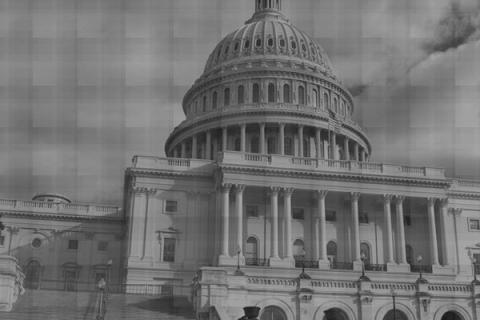Wall Street isn't the only place where popular unrest has been fomenting. Here on the West Coast, inmates of the California prison system are protesting their conditions in a hunger strike that now has thousands of participants in at least eight California prisons, and has entered its tenth day.
One prisoner advocacy organization estimates as many as 12,000 California prisoners are refusing to eat until their demands are met. The California Department of Corrections and Rehabilitation has confirmed these numbers, releasing a statement last week notifying residents that it is "responding to a hunger strike disturbance by thousands of inmates in several correctional facilities."
The primary issue is solitary confinement. Prisoners say they're put in solitary confinement too often, for too long, and under harsh conditions such as inadequate food and clothing. The hunger strikers are also demanding changes to the process for getting out of solitary confinement, which they say presently requires them to incriminate themselves and other inmates who have broken prison rules in order to be released.
Isaac Ontiveros, a spokesman for Prisoner Hunger Strike Solidarity said:
"We are hoping that this widespread participation will push to negotiate and honor the basic demands of the people locked behind those walls. You have people in there that have been in solitary confinement for 20 years. They just want to change their conditions."
Prison officials say that solitary confinement is a tool that helps make prisons more safe and gives prison guards a way to disrupt gang activity and violence. The prison system is adopting a zero tolerance policy toward hunger strikes, opting to punish inmates who refuse to eat, and ironically, to isolate strike leaders in solitary confinement.
The hunger strike comes just as California has begun to turn state prisoners over to county and local facilities, a plan mandated by the Supreme Court for a prison system they say is so dysfunctional, so overcrowded, and in such a state of crisis, that its conditions violate the Constitutional rights of the inmates.
The current hunger strike is not the first to hit California prisons this year. Earlier this year, a hunger strike lasted for three weeks, making the same demands for reform of solitary confinement policies. It ended in mid-July after some concessions were made by prison officials, including wall calendars, cold weather caps, and increased educational opportunities, but no changes were made to solitary confinement policy.

